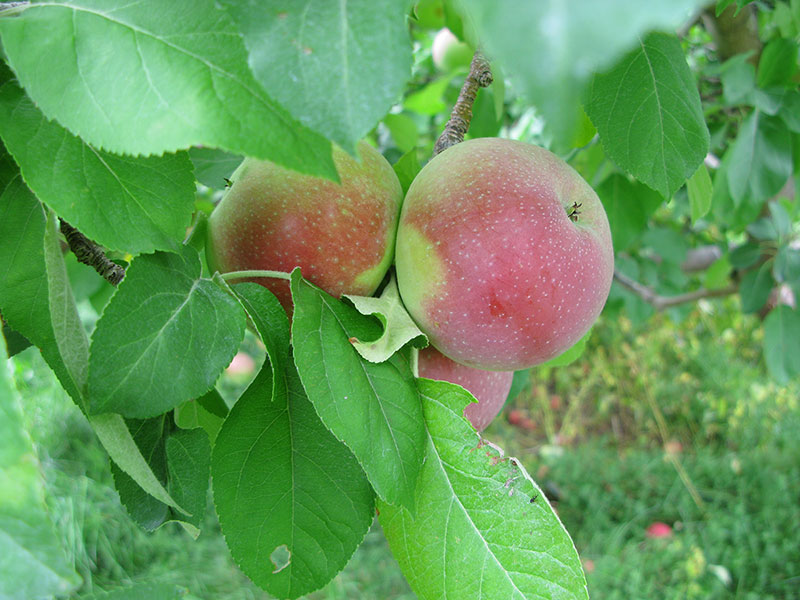Farmers across New Brunswick are increasingly feeling the impacts of climate
change from more frequent and extreme severe weather events. We all remember
the 2020 drought and its warning of what is to come with a warming climate. During
that year’s growing season, New Brunswick saw a tenth of the average rainfall – not
enough to fill our rivers and irrigate our fields. The end of the season brought only a
quarter of the average rain . Our farm operations struggled , and yields across the
province were down significantly as a result. This year Hurricane Fiona caused much
infrastructural damage in the eastern part of the province, and as yet unaccounted
for losses in PEI, we could easily be in the path next time.
The intersection between farming practice and environmental health gives farmers
an opportunity to play a significant role in both mitigating and adapting to a changing
climate. With a total of 1,851 farms, the agriculture sector employs over 13,000 New
Brunswickers. In 2020, farms in New Brunswick reported $734.2 million in total
annual farm revenues. In order to take real action on climate, the agriculture sector
needs strong support from the government: clear policies and adequate financial
support. Farmers – and our province as a whole – will be greatly affected by the
environmental consequences of not doing enough now.
The agriculture sector accounts for approximately four percent of our province’s total
GHG emissions. In late July, Canadian Agriculture Ministers announced an
agreement in principle for the next Agricultural Policy Framework, which governs
spending on the sector across the country. The new Framework, effective in April
2023, is better than its predecessor. There is a commitment to reduce national
agriculture GHGs by three to five megatonnes, $500 million in new funds (a 25%
increase), $250 million to support carbon sequestration and adaptation, and a
renewed commitment to reduce emissions from nitrogen fertilizer use by 30 per cent.
But the Framework still falls short of the broad systemic changes necessary to tackle
the climate crisis. The emissions target is half what is needed. Measures to address
climate change and emissions reductions could be stronger. We need more
substantive changes to make Business Risk Management programs responsive to
climate risk. And encouraging exports plays a larger than necessary role in federal
efforts.
In 2021 Farmers for Climate Solutions (FCS) – a national farmer-led coalition
advocating to make agriculture part of the solution to climate change – assembled a
farmer-led task force of experts to identify the most cost-effective ways to reduce
emissions rapidly. Their program recommendations chart a course for a climate-
resilient agricultural sector that prioritizes farmer livelihoods and food security for all
Canadians. FCS is recommending a range of program and policy options to improve
nitrogen practices, manure storage and handling, livestock management, soil
management, and wetland and tree management.
These proposed practices achieve considerable co-benefits, such as improved
biodiversity and soil health, improved water holding capacity, and preventing soil
erosion. By implementing climate-smart solutions that further reduce GHG
emissions, New Brunswick’s agriculture sector will protect the land, water, and air
that it depends on for long-term sustainability.
The federal government is now negotiating with the provinces and territories to
determine the types of funding and programs best suited for each region. We have
success stories, here in New Brunswick, of farmers already adopting practices to
lower emissions and build resilience. We need our government to step in to support
these efforts and to support farmers who need resources to implement such
practices.
Published by the NB Media C0-0p January 28, 2023
Geneviève L. Latour is secretary of the National Farmers Union in New Brunswick and a member of the working group on provincial government relations of Farmers for Climate Solutions.





